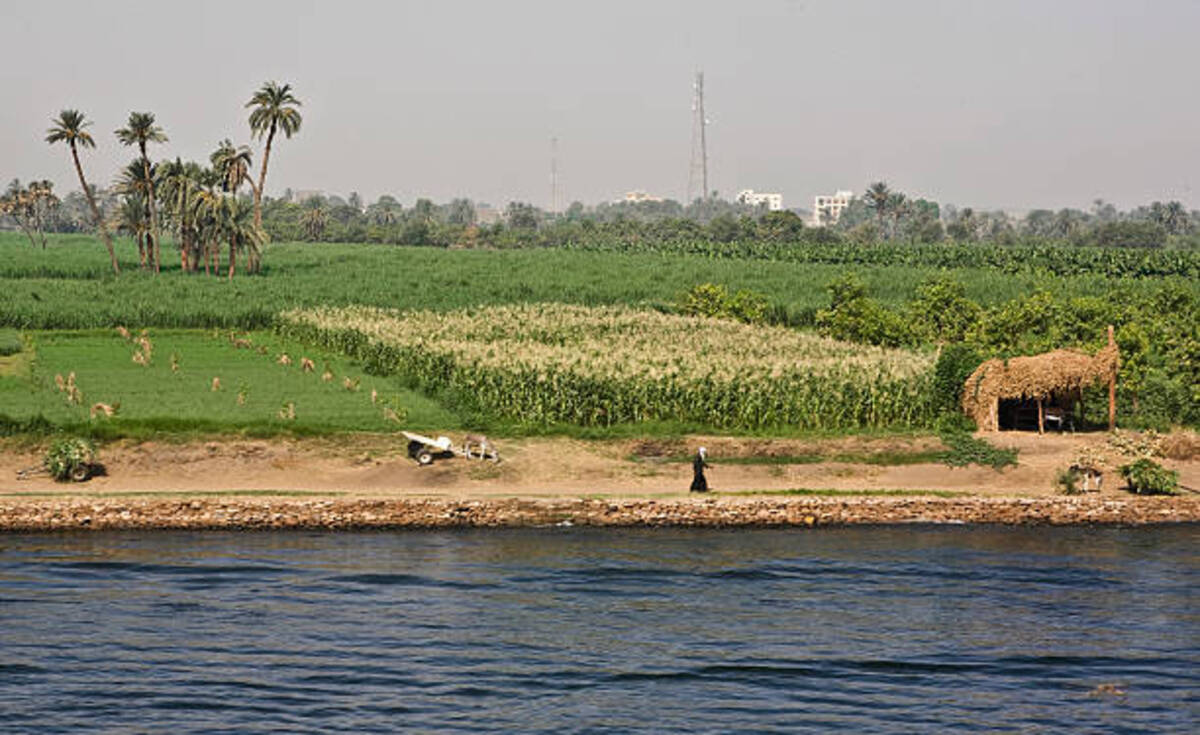The arable land nearby the Egyptian city of Damietta becomes salty. Tomatoes won’t longer thrive in the increasingly saline soil o farmland near the Mediterranean coast. Some of the farmers have begun planting rice instead.
Rice is cheaper and brings less money. But the irrigation used to cultivate it helps cleanse the earth of salt. It allows rice to grow.
There are tens of thousands of farmers in the Nile Delta, a densely populated and fertile triangle of green that fans out towards the sea north of Cairo and accounts for more than a third of Egypt’s agricultural land.
They say if they leave the land for 10 days without watering it, they’ll find salt on the surface.
Salty farmland produces nothing
Salinity had left a parched yellow field bordering the plots barren. The farmers are trying chemicals, but with little success. They say every year the situation gets worse.
Experts and farmers blame rising salinity in the Delta on a variety of factors. Among others, they blame the over-extraction of groundwater and excessive use of fertilizers and pesticides.
However, they claim that climate change is exacerbating the situation, which has already raised sea levels and temperatures in Egypt and is the subject of the global COP27 United Nations talks that Egypt is hosting this week.
The Sharm el-Sheikh summit includes plans to help 4 billion people living in vulnerable areas cope with the effects of global warming, as well as tougher targets for reducing planetary warming emissions.
Rotation of the cultures is one of the solutions
According to Aly Abousabaa, head of the International Center for Agricultural Research in the Dry Areas, options for adaptation for Delta farmers range from creating raised beds, or linear mounds of earth, to improve irrigation efficiency and drainage, to using new seed strains (ICARDA).
Some farmers in the Delta’s east near Zagazig, say raised beds helped them save fertilizer and water while doubling the productivity of their wheat crop. Others, on the other hand, struggle to treat and rinse the soil while experimenting with new crops or rotations.

